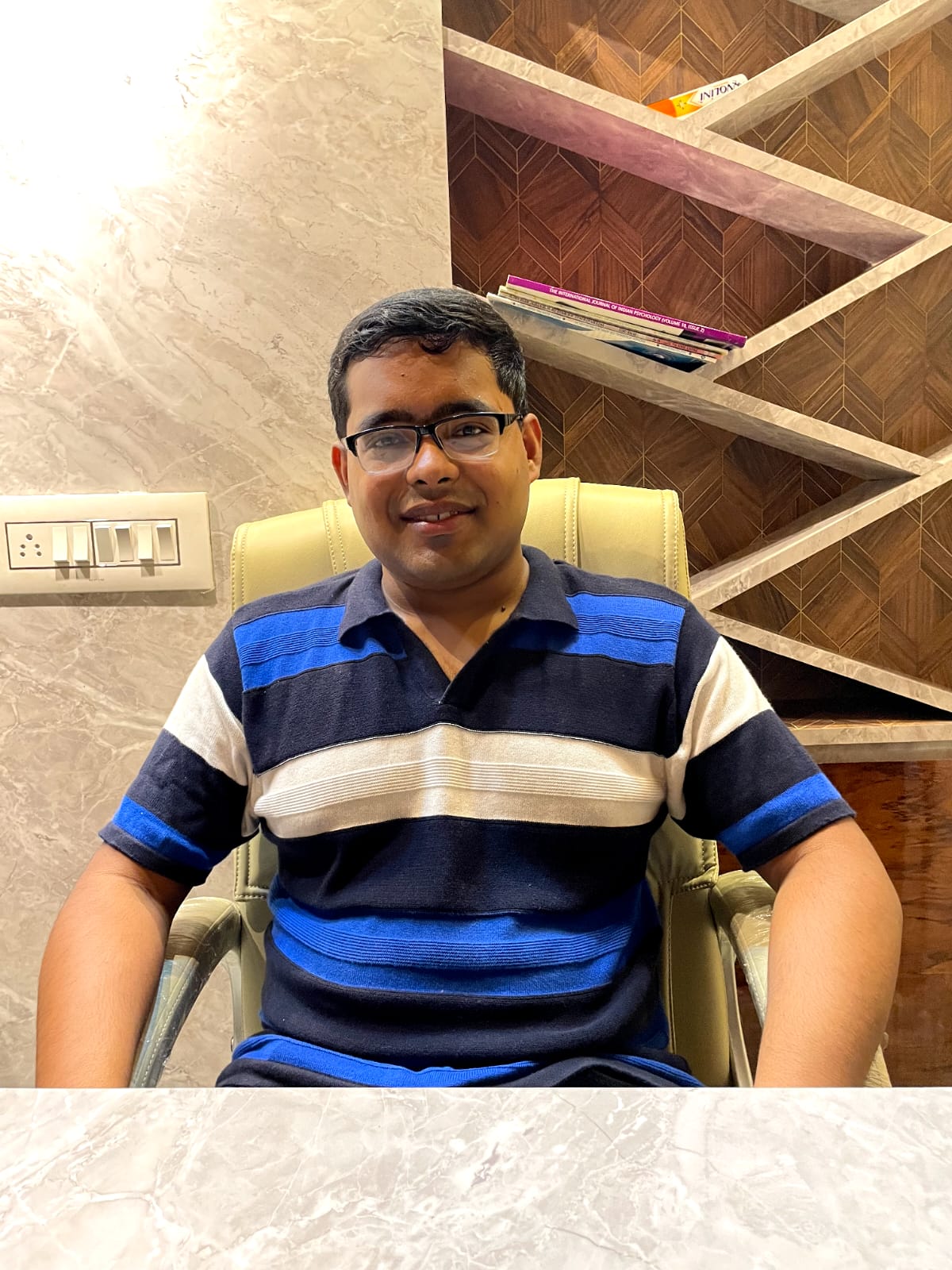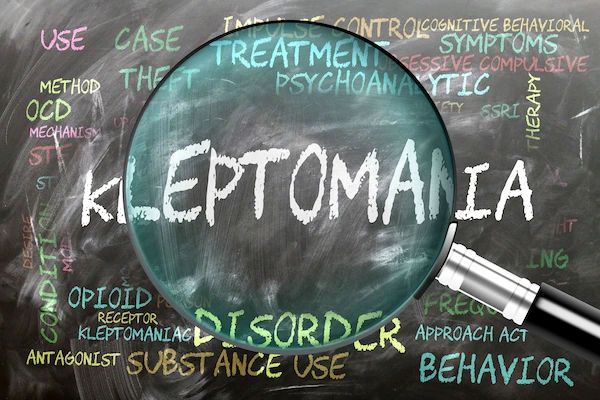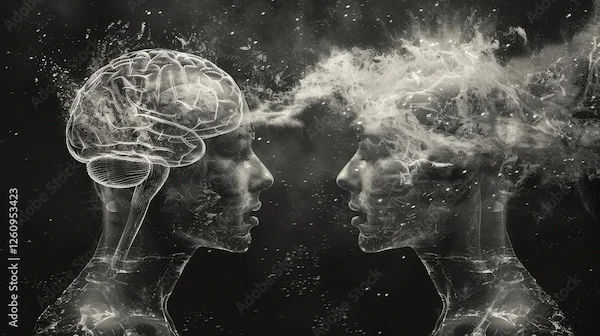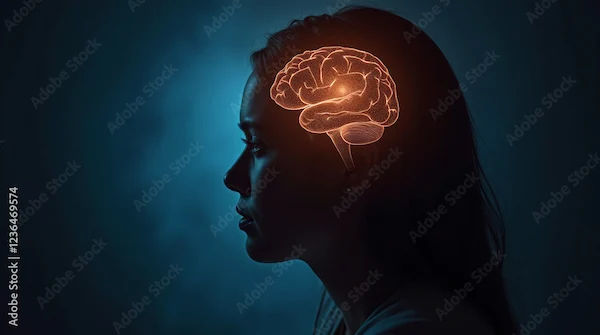Bipolar Disorder And Depression: Know The Differences
Understand the key differences between bipolar disorder and depression. Learn about the symptoms, causes, and treatments for each condition to help differentiate and manage them effectively.

Written by Dr.Sonia Bhatt
Last updated on 3rd Jul, 2025

Introduction
Mental health is a crucial aspect of our overall well-being, yet many people struggle to understand the various conditions that can affect it. Two of the most commonly discussed mental health disorders are depression and bipolar disorder. While they share some similarities, they are distinct conditions requiring different treatment and management approaches. This blog aims to clarify the differences between depression and bipolar disorder, explore their symptoms, causes, and treatment options, and provide insights into living with these conditions.
What is Depression?
Depression, often referred to as major depressive disorder (MDD), is a mood disorder characterised by persistent feelings of sadness, hopelessness, and a lack of interest or pleasure in once enjoyable activities. It can affect a person's ability to function in daily life, impacting work, relationships, and overall quality of life. Symptoms of depression can vary in intensity and duration, but they typically include:
Persistent low mood
Fatigue or loss of energy
Changes in appetite or weight
Sleep disturbances (insomnia or oversleeping)
Difficulty concentrating or making decisions
Feelings of worthlessness or excessive guilt
Thoughts of death or suicide
What is Bipolar Disorder?
Bipolar disorder, previously known as manic depression, is a mental health condition that causes extreme mood swings, including emotional highs (mania or hypomania) and lows (depression). These mood swings can affect sleep, energy levels, activity, judgment, behaviour, and the ability to think clearly. The two main types of bipolar disorder are:
Bipolar I Disorder: Characterised by manic episodes lasting at least seven days or by manic symptoms that are so severe that immediate hospitalisation is needed. Depressive episodes are also common.
Bipolar II Disorder: Defined by a pattern of depressive episodes and hypomanic episodes, but not the full-blown manic episodes typical of Bipolar I Disorder.
Key Differences of Bipolar Disorder and Depression
Bipolar disorder and depression are both mood disorders, but they have distinct symptoms, causes, and treatment approaches, making it important to understand the key differences between them.
1. Mood Patterns
Depression: The mood in depression is consistently low. Individuals may feel sad, empty, or hopeless for extended periods, often weeks or months.
Bipolar Disorder: In bipolar disorder, mood patterns are more erratic. Individuals experience alternating periods of mania (or hypomania) and depression. During manic phases, they may feel euphoric, overly energetic, or irritable, while depressive phases can mirror the symptoms of major depression.
2. Duration and Frequency of Episodes
Depression: Episodes of depression can last for weeks or months, and some individuals may experience recurrent episodes throughout their lives.
Bipolar Disorder: The duration of mood episodes in bipolar disorder can vary significantly. Manic episodes may last for days to weeks, while depressive episodes can also last for weeks or months. The frequency of these episodes can differ from person to person.
3. Triggers and Causes
While the exact causes of both conditions are not fully understood, several factors can contribute:
Depression: Factors may include genetics, brain chemistry, hormonal changes, trauma, and prolonged stress.
Bipolar Disorder: This condition is believed to have a stronger genetic component, with family history playing a significant role. Environmental factors, such as stress or significant life changes, can also trigger episodes.
Symptoms of Bipolar Disorder and Depression
Bipolar disorder and depression both affect mood, but they present with different symptoms due to the nature of the disorders. Understanding the symptoms of each can help in recognizing and managing the conditions effectively.
1. Common Symptoms of Depression
Persistent sadness or low mood
Loss of interest in activities
Changes in appetite or weight
Sleep disturbances
Fatigue or low-energy
Difficulty concentrating
Feelings of worthlessness or guilt
Thoughts of death or suicide
2. Common Symptoms of Bipolar Disorder
Manic episodes: Increased energy, reduced need for sleep, racing thoughts, impulsive behaviour, and heightened irritability.
Depressive episodes: Similar to those experienced in major depression, including low mood, fatigue, and feelings of hopelessness.
3. Overlapping Symptoms
Both conditions can share symptoms such as fatigue, difficulty concentrating, and changes in sleep patterns. This overlap can sometimes make it challenging to differentiate between the two without a professional evaluation.
Diagnosis
Diagnosing bipolar disorder and depression involves a comprehensive evaluation by a healthcare professional, including a detailed assessment of symptoms, medical history, and sometimes additional tests to rule out other conditions.
Diagnostic Criteria for Depression: To be diagnosed with depression, a person typically must experience at least five of the symptoms listed in the Diagnostic and Statistical Manual of Mental Disorders (DSM-5) for a minimum of two weeks. These symptoms must represent a change from previous functioning and cause significant distress or impairment.
Diagnostic Criteria for Bipolar Disorder: Diagnosis of bipolar disorder involves a thorough assessment by a mental health professional. The DSM-5 outlines specific criteria for manic and depressive episodes, and a diagnosis is made based on the presence of these episodes and their impact on daily functioning.
Importance of Professional Evaluation: Given the complexity of these disorders, it is essential to seek a professional evaluation if you or someone you know is experiencing symptoms. A mental health professional can provide an accurate diagnosis and recommend appropriate treatment options.
Treatment Options
Treatment options for bipolar disorder and depression vary depending on the severity of the condition, but typically include a combination of medications, therapy, and lifestyle changes to manage symptoms and improve overall well-being.
1. Treatment for Depression
Treatment for depression often includes a combination of:
Psychotherapy: Cognitive-behavioural therapy (CBT) and other forms of talk therapy can help individuals understand and manage their thoughts and feelings.
Medication: Antidepressants may be prescribed to help balance chemicals in the brain that affect mood.
Lifestyle Changes: Regular exercise, a healthy diet, and good sleep hygiene can also support recovery.
2. Treatment for Bipolar Disorder
Treatment for bipolar disorder typically involves:
Mood Stabilisers: Medications such as lithium are commonly used to help control mood swings.
Psychotherapy: Therapy can help individuals develop coping strategies and understand their condition better.
Lifestyle Management: Maintaining a regular routine, managing stress, and avoiding drugs and alcohol can help stabilise mood.
3. Role of Therapy and Medication
Both conditions benefit from a combination of therapy and medication. While medication can help manage symptoms, therapy provides individuals with tools to cope with their feelings and improve their quality of life.
Living with Each Condition
Living with bipolar disorder or depression requires ongoing management and support. While both conditions can be challenging, individuals can lead fulfilling lives with the right treatment, coping strategies, and a strong support system.
1. Coping Strategies for Depression
Stay Active: Regular physical activity can boost mood and energy levels.
Connect with Others: Building a support network of friends and family can provide emotional support.
Practice Mindfulness: Techniques such as meditation and deep breathing can help manage stress and anxiety.
2. Coping Strategies for Bipolar Disorder
Monitor Mood Changes: Keeping a mood diary can help individuals recognise patterns and triggers.
Establish a Routine: A consistent daily schedule can help stabilise mood.
Educate Yourself: Understanding bipolar disorder can empower individuals to manage their condition effectively.
Seeking Help and Support
Recognising when to seek professional help is vital for both conditions. Signs that indicate the need for intervention include persistent feelings of sadness, changes in sleep or appetite, difficulty functioning in daily life, or thoughts of self-harm. Early diagnosis and treatment can significantly improve outcomes for both depression and bipolar disorder.
Support systems play a crucial role in recovery. Family and friends can provide emotional support, while support groups offer a sense of community and understanding. Engaging with others who have similar experiences can help individuals feel less isolated and more empowered in their journey towards recovery.
Conclusion
Understanding the differences between depression and bipolar disorder is essential for effective treatment and management. While both conditions can significantly impact a person's life, they require different approaches to care. If someone is struggling with mental health issues, seeking professional help is crucial. Taking the first step towards understanding and managing these conditions can lead to a healthier, more fulfilling life.
Consult Top Psychiatrists
Consult Top Psychiatrists
Dr. Krishna Sahithi J
Psychiatrist
11 Years • MBBS, MD (Psychiatry), FIPS
Hyderabad
Feronia Super Speciality Clinics, Hyderabad

Dr. Pratik Kumar
Psychiatrist
10 Years • MBBS,DNB-PSYCHIATRY
North West Delhi
DELHI GLOBAL MIND CLINIC, North West Delhi
(75+ Patients)

Dr. Jyotsna Vanka
Psychiatrist
8 Years • MBBS,MD-PSYCHIATRY
New Delhi
AARUNYA MENTAL HEALTH CENTRE, New Delhi

Dr. Ankit Halder
Psychiatrist
7 Years • MBBS,MD(PSYCHIATRY)
Kolkata
Serenity Mindcare (A Neuropsychiatry Clinic), Kolkata

Dr. Ankit Halder
Psychiatrist
7 Years • MBBS, MD (Psychiatry)
Kolkata
MCR SUPER SPECIALITY POLY CLINIC & PATHOLOGY, Kolkata




